
|
The book provides comprehensive guidance on how to plan and write an academic essay. Beginning with an overview of academic essays, Chapters 2 to 4 guide you how to effectively review literature, which helps develop your arguments. Chapters 5 to 7 delineate the main language features in academic writing. Chapters 8 and 11 explain how to write introductions and conclusions while Chapters 9 and 10 focus on body paragraphs. You will also learn how to distinguish a strong essay from a weak one in the final chapter.
Highlights include “Critical thinking” (Ch. 2), “How others’ work can help you develop your arguments” (Ch. 4), and “Different body paragraph structures” (Ch. 10).
|
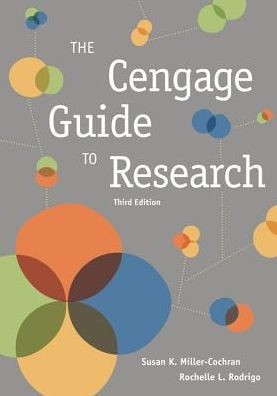 |
This quadruple book aims to help research students enhance their writing as well as research skills. Not only does the book offer practical advice on conducting research, it also teaches you how to scholarly present the results in writing that conforms to citation styles. You will also learn how to write a research proposal and a research review in a step-by-step manner. Reflection exercises throughout the book will help you refine your writing and research strategies.
Highlights include “Writing processes” (pp. 17-38), “Writing a research proposal” (pp. 55-72), and “Writing a review of research” (pp. 159-176).
|
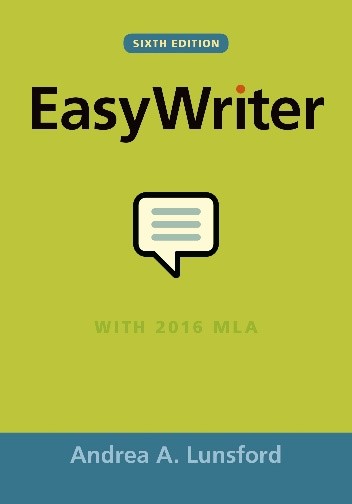
|
Recognising that there is not a single standard for correctness in writing, the authors emphasise writers’ choices – making choices following the writing conventions. Organised in eight sections, the writing handbook covers writing processes and genres, language, grammar, writing style, punctuation, and citation styles. Targeting at university students, the book will guide you to tackle writing problems that vex you.
Highlights include “Writing in academic genres” (Ch. 10), “Evaluating sources and taking notes” (Ch. 14), “Conciseness” (Ch. 32), and Parallelism (Ch.33).
|
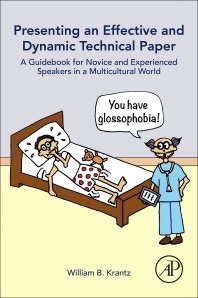
|
Targeting at research students, this concise guide describes the essential steps that preparing an academic presentation needs – planning, organising, and delivering the presentation. Chapter 4 provides practical advice on making formal oral presentations while Chapter 5 focuses on poster presentations. Comedic yet inspiring cartoons and quotes throughout the book help consolidate your knowledge. The six useful appendices will certainly facilitate your presentation preparation.
Highlights include “Preparing your slides” (pp. 28-33), “Mastering the mechanics of an effective oral presentation” (pp. 36-41), and “Quick reference guide for making a poster presentation” (pp. 71-72).
|
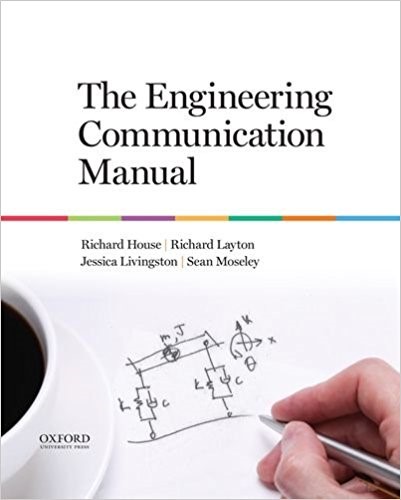 |
This communication handbook contains chapters related to academic speaking, orientating itself towards engineering students and professionals. Chapters 1 to 2 help you plan your presentation and understand the audience. Chapter 11 describes the text types in the research community. Chapters 22 and 25 explain how to write appropriate headings and improve the word choice whereas Chapters 28 to 30 are dedicated to the use of visual aids. You will learn tips on designing slides and presenting posters in Chapters 33 and 34.
Highlights include “Reporting in a research community” (Ch. 11), “Graphs” (Ch. 28), “Presentation slides” (Ch. 33), and “Posters” (Ch. 34).
|
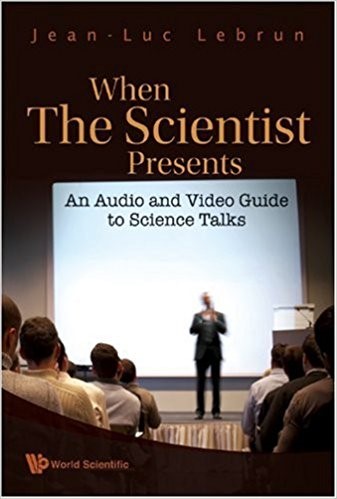
|
This book vividly illustrates the process of turning a written paper into an oral presentation, covering both verbal and non-verbal communication skills. Part 1 guides you how to select appropriate content while Part 2 raises your awareness towards different audience expectations. Part 3 teaches you how to design the slides in a step-by-step manner. Part 4 describes the essentials on the stage, including using body language and dealing with questions from the audience.
Highlights include “Scientific audience expectations” (Ch. 4), “Slide design” (Ch. 6), “The grabbing voice” (Ch. 9), and “The answerable scientist” (Ch. 10).
|